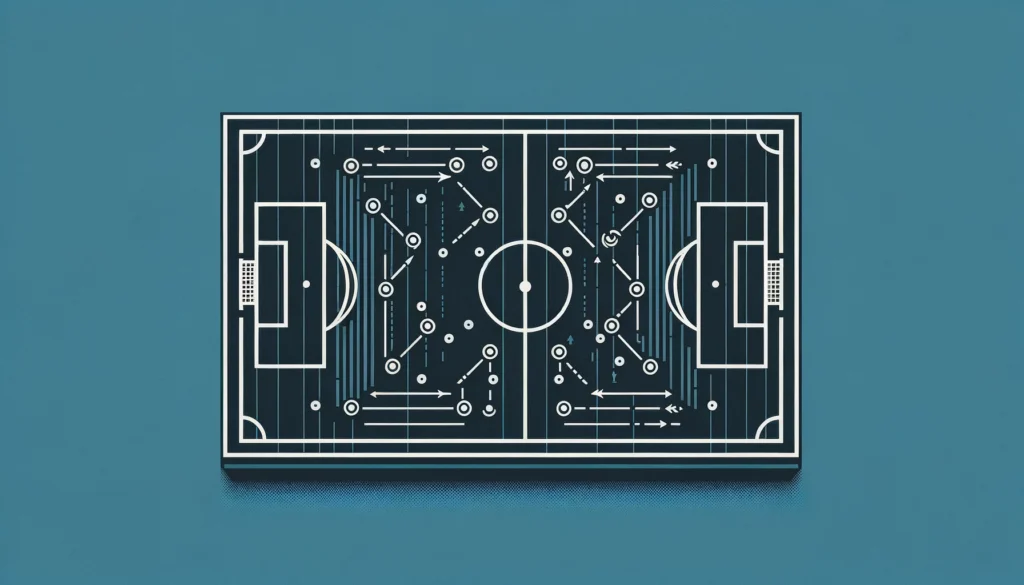In the world of football, set pieces—such as free kicks, corners, and penalties—are not just game interruptions; they’re strategic opportunities to score or create scoring chances. Teams that excel at set pieces often leverage these moments to turn the tide of the match, showcasing the importance of having a plan for these situations. However, teams that do not pose a threat from set pieces find themselves in a precarious position, particularly against opponents who recognize and exploit this weakness.

When a team is known to be ineffective at converting set pieces into goals or meaningful opportunities, it inadvertently invites more aggressive play from opponents. Opposing teams are more inclined to commit fouls to disrupt play if they are not fearful of the consequences that typically come from free kicks or corners. This tactical fouling becomes a calculated risk, seen as a preferable alternative to allowing the team to continue their progress with the ball in open play.
This strategy can significantly affect the flow of the game. Teams that cannot capitalize on set pieces may struggle to maintain momentum or break down well-organized defenses. The lack of a set piece threat reduces the psychological pressure on opponents, allowing them to play more physically and aggressively without the usual deterrence.
Moreover, teams that rely heavily on their ability to maintain possession and create chances through open play may find this approach increasingly challenging if fouls are frequently committed against them. The stop-start nature of a game filled with fouls disrupts rhythm and can hinder teams from finding their stride, especially those that thrive on quick, fluid passing movements.
To counteract this vulnerability, teams must develop effective set piece strategies. This involves training specific players in the art of free kick and penalty taking, perfecting routines for corners, and ensuring that there are multiple threats who can capitalize on these opportunities. By becoming more dangerous from set pieces, teams can deter opponents from using tactical fouls as a primary defense mechanism.
Improving set piece effectiveness not only reduces a team’s vulnerability to tactical fouling but also adds an essential weapon to its arsenal, creating more avenues to score and win games. As the modern game continues to evolve, the importance of being versatile and threatening in all aspects of play, including set pieces, cannot be overstated. Teams that recognize this and adapt accordingly will find themselves better equipped to compete at the highest levels, where margins for error are slim and every opportunity counts.

Leave a Reply